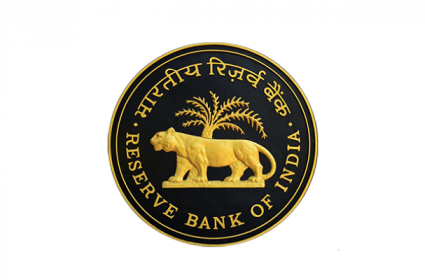How Increased Repo Rate Will Impact You? Why RBI Increased Repo Rate?

Home and auto loans would be more expensive, and FD rates could rise as a result of the repo rate increase.
The EMI now for a house loan of Rs 50 lakh for 20 years at 7% is Rs 38,765, and the total interest payable would be Rs 43.03 lakh.
For new borrowers, car loans will also become more costly. Those who have taken out a fixed-rate loan, on the other hand, will be exempt.
RBI Repo Rate Hike: After the Reserve Bank of India (RBI) upped the repo rate by 40 basis points (bps) on Wednesday, both existing and new retail borrowers would now pay higher equated monthly instalments (EMIs) for their house loans and loans against property.
For new borrowers, car loans will also become more costly. Those who have taken out a fixed-rate loan, on the other hand, will be exempt.
The rate will not change for any existing contractual deposits, such as bank term deposits or recurring deposits. Savers, on the other hand, will benefit if banks raise interest rates on new deposits.
Also Read: How to Invest in LIC IPO via Upstox in Five Easy Steps
The Effect On Borrowers Of House Loans
As of December last year, the share of variable rate loans tied to external benchmarks, such as the repo rate, was roughly 40%. Currently, more than a half-dozen lenders provide house loans with interest rates of around 7%, but those days may be numbered.
As a result, floating-rate loans will become more expensive as a result of the repo rate rise, and all new loans will likely be priced higher as well.
The EMI now for a house loan of Rs 50 lakh for 20 years at 7% is Rs 38,765, and the total interest payable would be Rs 43.03 lakh.
If the interest rate rises to 7.4%, the EMI would rise to Rs 39,974 and the total interest payable over the term would rise to Rs 45.93 lakh. To put it another way, the EMI would increase by Rs 1,209.
According to Adhil Shetty, CEO of BankBazaar.com, if a borrower has a variable rate loan, the EMI may be fixed for the term, but the term would lengthen as the rate rises. "To tackle this hike, you could refinance to a lower rate, increase your EMIs, and make pre-payments regularly," he says.
Implications For Other Loans
Fixed rates are common on personal and vehicle loans. Those who have already taken out these loans should not be concerned because their EMIs and interest rates will not change. Loans with adjustable rates, as well as new loans, will become more expensive.
The current EMI for a Rs 4 lakh vehicle loan at 7.5 per cent over 5 years is Rs 8,015, with a total interest payment of Rs 80,911. If the interest rate climbs to 7.9%, the EMI would rise to Rs 8,091 and the total interest payable would increase to Rs 85,486.
Impact On Fixed-Income Investments
Deposit rates are determined by the asset-liability management committees of banks after taking into account the current deposit base, fund requirements, maturities of requirements and existing loans, and market rates. Bank deposit rates may rise as a result of the repo rate hike.
When interest rates rise, short-term and medium-term deposit rates often rise first, followed by long-term deposit rates. According to Joydeep Sen, a fixed-income expert, the RBI's rate rise will result in higher deposit rates. "But any meaningful transmission of higher deposit rates will take time as banks have surplus liquidity today," he says.
























